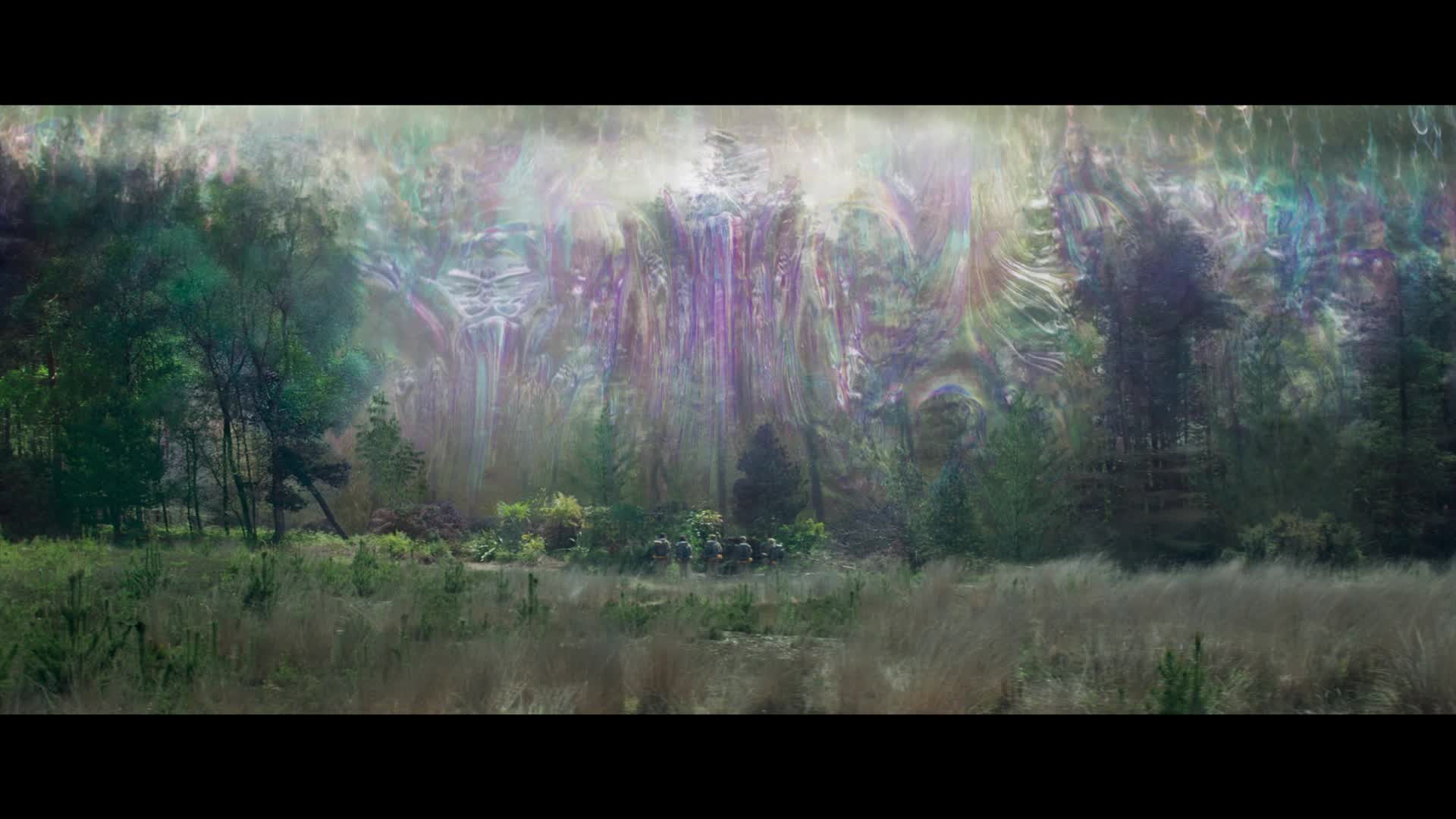
“Green” documentaries in the early 2000s, most famously An Inconvenient Truth (dir. Davis Guggenheim, 2006), marked a new era of environmental activism in bringing public attention to ecological concerns through the medium of film. But filmmaking has been drawing attention to environmental concerns for over a hundred years! In this course, we will explore this legacy of ecological (“eco”) films and their impacts on present day discourses on climate change, natural disasters, non-human animals, and more. How do films portray the environment? What qualifies as part of that environment, and why? In each week, we will take different approaches to these questions, using a variety of critical lenses to understand what this broad group of films seeks to say, what conventions and ideologies they rely upon and reinforce, and what impact they have on wider cultural narratives about the environment.
This course assumes students have a working knowledge of basic approaches to film studies, including some familiarity with technical vocabulary for film analysis and film history. This course draws from both historical and theoretical approaches to film studies. Together we will deeply explore the history of the eco-cinema movement, the visual and narrative strategies employed by these films, and their political and sociological impact on today’s conversations, so that students will come away with a robust understanding of what eco-cinema is, as well as what its conventions and tropes communicate about human beings and the world around us.
- Teacher: Zoe Laks
- Teaching Assistant: Malorie Urbanovitch